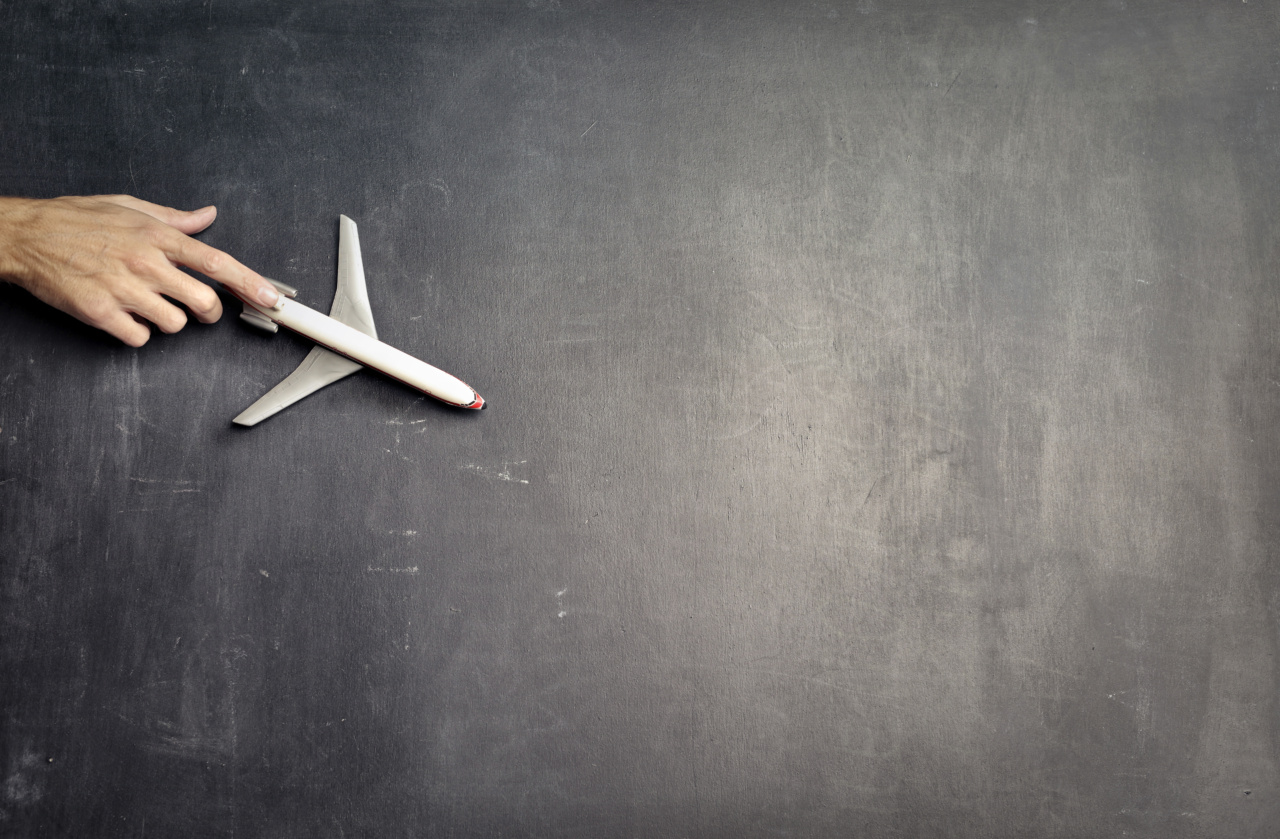Jet lag is a common condition that occurs when traveling across different time zones. It can cause fatigue, sleep disturbances, and other symptoms that can affect your travel experience.
However, there are several solutions that can help you get rid of jet lag and enjoy your trip to the fullest. Here are the top 5 solutions for travel fatigue:.
1. Adjust your sleep schedule before your trip
One of the best ways to beat jet lag is to adjust your sleep schedule before your trip. This can help your body get used to the new time zone and reduce the severity of jet lag.
To do this, gradually adjust your sleep schedule in the days leading up to your trip. For example, if you’re traveling east, go to bed and wake up an hour earlier each day. If you’re traveling west, do the opposite and go to bed and wake up an hour later each day.
This can help your body slowly adapt to the new time zone and reduce the effects of jet lag.
2. Stay hydrated during your flight
Dehydration can exacerbate jet lag symptoms, so it’s important to stay hydrated during your flight. Drink plenty of water and avoid alcohol and caffeine, which can dehydrate you further.
Consider bringing an empty water bottle with you to the airport and filling it up after you pass through security. This way, you can have water with you on the plane and avoid having to rely on flight attendants to bring you water every time you’re thirsty.
3. Take naps strategically
Napping can be a great way to catch up on sleep when you’re feeling jet lagged, but it’s important to take naps strategically.
Short naps (20-30 minutes) can help you feel refreshed, but longer naps can interfere with your ability to sleep at night. If you’re traveling east, try to take a nap in the morning to help you adjust to the new time zone. If you’re traveling west, try to take a nap in the afternoon or early evening.
This can help you stay awake until bedtime and avoid waking up too early in the morning.
4. Get outside and exercise
Getting outside and exercising can help regulate your sleep patterns and reduce the effects of jet lag. Exposure to sunlight can help reset your body’s internal clock and improve your mood and energy levels.
Consider taking a walk or going for a run in the morning after arriving at your destination. If you’re not a fan of exercise, even sitting outside for a few minutes and getting some fresh air can help.
5. Use supplements or medications
If natural remedies aren’t doing the trick, consider using supplements or medications to help you get rid of jet lag. Melatonin is a popular supplement that can help regulate your sleep patterns and reduce the effects of jet lag.
It’s available over the counter and can be taken before bed to help you fall asleep. Prescription medications like Ambien can also be effective, but should only be used under the guidance of a physician.
Conclusion
Juggling new time zones can be tough on the body. However, with these time-tested tips, you’ll be sure to reclaim your energy and fall in sync with your new timezone in no time.




























